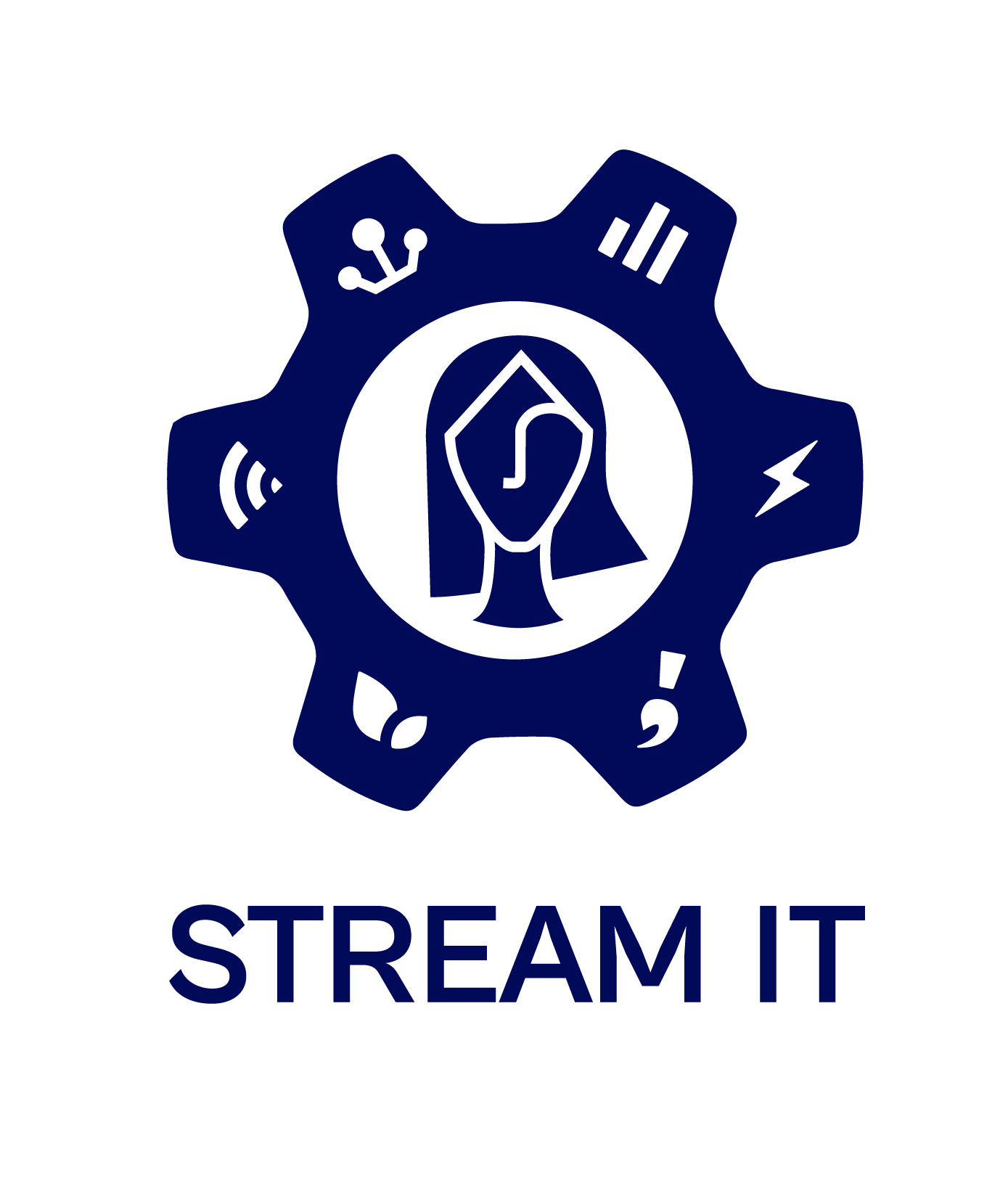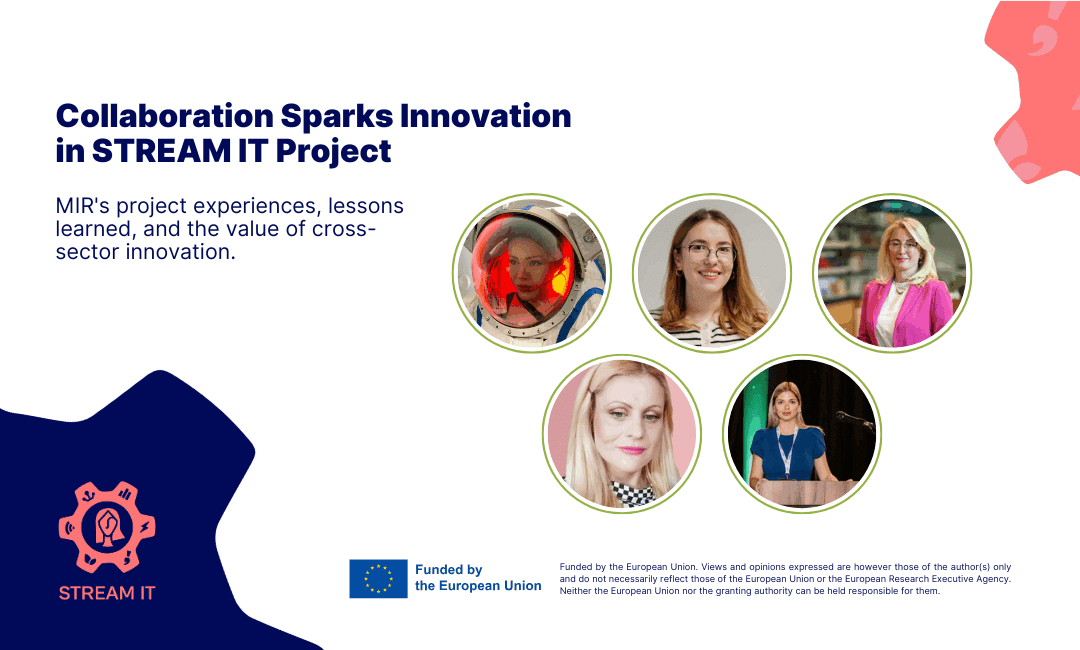Innovation thrives at the intersection of diverse ideas, expertise, and experiences. The STREAM IT project exemplifies this principle by bringing together partners from research, industry, education, and start-ups to co-create solutions that address real-world challenges. At the Foundation for Management and industrial research (MIR), we have witnessed first-hand how collaboration catalyses creativity and accelerates impactful innovation. From joint workshops to knowledge-sharing sessions, STREAM IT provides a platform where ideas flourish, and insights are transformed into tangible outcomes.
In this blog post, we explore MIR’s experiences within the project, key lessons learned, and the value of cross-sector collaboration in fostering innovation with societal impact.
Building Bridges Across Sectors
One of the most compelling aspects of STREAM IT is the diversity of its partners. Academic institutions contribute rigorous research methods, industrial players bring hands-on expertise, and start-ups add agility and creative problem-solving. At MIR, we have continuously facilitated spaces where this mix comes to life – from practical workshops to inspiring webinars that connect diverse minds around shared goals.
The experience gained through a series of MIR-led webinars has further strengthened our understanding of how collaboration drives inclusion and innovation. Events such as “Women in the digital world: Inspiration and guidance for a career in STEAM”, “Women in science and safety: personal experiences and a roadmap for future generations”, and “Best practices in STEAM and future opportunities in cybersecurity” showcased how cross-sector cooperation empowers underrepresented groups, encourages mentorship, and challenges gender stereotypes in research and innovation.
Similarly, sessions like “The importance of mentorship in supporting and challenging gender stereotypes” and “Science as a guiding light: Good practices in STEAM” highlighted the transformative role of shared knowledge between academia, industry, and civil society. Through these exchanges, industrial partners gain exposure to cutting-edge research and inclusive approaches, while academic institutions gain insights into real-world challenges and societal needs.
Ultimately, this dynamic collaboration ensures that innovations emerging from STREAM IT are not only technologically advanced but also socially responsive, inclusive, and ready for real-world application.
Lessons Learned in Effective Collaboration
Collaborating across sectors and countries comes with unique challenges. Differences in organisational culture, communication styles, and expectations can slow progress if not carefully managed. STREAM IT emphasises structured dialogue, regular updates, and inclusive planning to ensure that every partner has a voice.
At MIR, we learned that transparency and openness are critical. Knowledge-sharing sessions allowed partners to discuss both successes and failures without hesitation. By creating a safe space for learning, the project fostered trust and encouraged the co-creation of solutions that were stronger than those developed in isolation.
Another key lesson is the importance of adaptability. Projects evolve, challenges arise, and priorities shift. Partners who remain flexible, willing to adjust strategies, and open to feedback are more likely to achieve meaningful outcomes. STREAM IT has demonstrated that flexibility, combined with a shared commitment to objectives, drives long-term success.
Driving Innovation with Societal Impact
STREAM IT is not only about advancing technology – it is about creating solutions that benefit communities, industries, and society. Collaborative projects within the initiative have explored areas such as sustainable production methods, digital transformation for SMEs, and inclusive education practices.
Another area of impact is digital innovation. SMEs often face barriers when adopting digital tools due to limited resources or expertise. STREAM IT partners worked together to provide guidance, mentoring, and resources, enabling companies to embrace digital transformation and remain competitive in a rapidly evolving market.
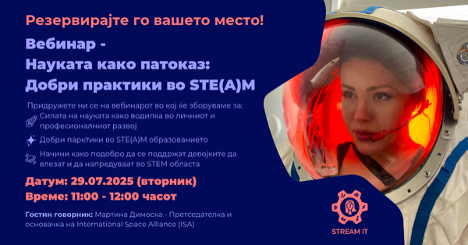
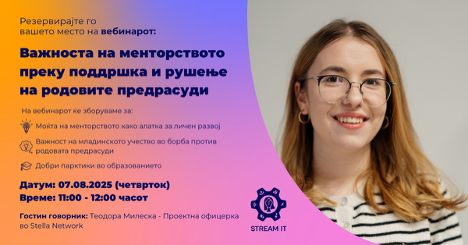
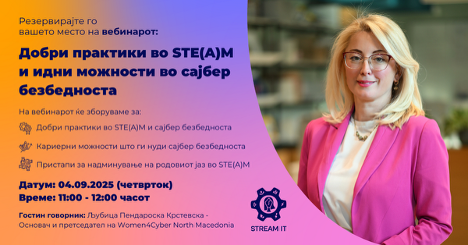
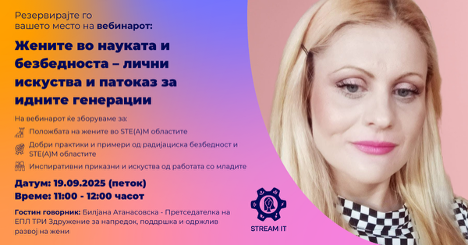
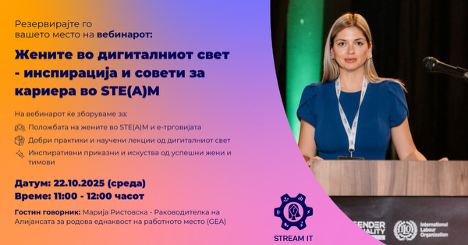
Communication as the Key to Success
Effective communication is the backbone of any collaborative effort. STREAM IT partners learned that sharing information clearly and consistently ensures alignment and maximises impact. At MIR, we implemented structured communication practices, including:
- Regular online meetings and progress updates
- Shared documentation platforms for transparency
- Inclusive discussions that allowed every partner to contribute ideas
These practices not only improved efficiency but also strengthened trust among partners. Clear communication reduces misunderstandings, aligns expectations, and fosters a collaborative environment where creativity can thrive.
Looking Ahead
The experience of participating in STREAM IT has reaffirmed MIR’s commitment to fostering cross-sector collaboration. We have learned that innovation is strongest when it is inclusive, flexible, and guided by shared goals.
Looking forward, MIR will continue to:
- Support collaborative projects that bridge research and industry
- Facilitate knowledge sharing and capacity-building initiatives
- Promote innovation with tangible societal and industrial impact
The STREAM IT project is a living example of how collaboration can transform ideas into actionable solutions that benefit communities, economies, and industries across Europe.
STREAM IT demonstrates that innovation is not just about technology – it is about people, partnerships, and knowledge sharing. By working together, partners across sectors can co-create solutions that are not only innovative but also practical and impactful.
At MIR, we are proud to contribute to this collaborative journey, helping to drive innovation that makes a real difference. Through structured dialogue, shared learning, and cross-sector collaboration, STREAM IT sets a new standard for how innovation can thrive in Europe and beyond.
Author

Foundation for Management and Industrial Research
Emilija Andonova is a Programme coordinator at the Foundation for Management and Industrial Research (MIR), where she supports EU-funded projects focused on innovation, technology transfer, and inclusive growth. She works closely with partners across Europe to foster collaboration and co-create solutions that drive sustainable development.
